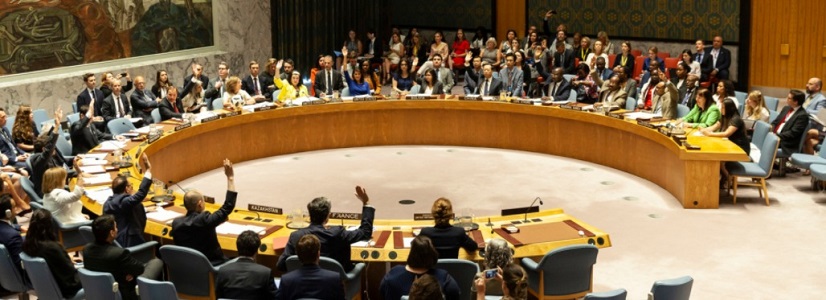Some of our current and recent research projects

Professor Thijs Van Rens is co-lead investigator on this project exploring whether eco-labels and price discounts within the online grocery shopping environment are effective ways to promote more sustainable and healthier food choices. The trial is part of the SALIENT research programme which is funded by the Economic and Social Research Council (ESRC), part of UK Research and Innovation (UKRI).

Dr Lory Barile received funding from the University of Warwick’s Research England Participatory Research Fund to work in partnership with the Climate Change team at Coventry City Council, local artists and a local primary school to pilot a new methodology using creativity in the classroom and engaging with parents in the school to better understand barriers to the uptake of retrofit measures designed to reduce household carbon emissions and alleviate fuel poverty.

VAW generates significant constraints on women’s lives, with spillovers for society, the economy and the next generation, but there is limited data available to evaluate policy interventions. Professor Sonia Bhalotra leads this project to close that gap. The project is supported by a European Research Council (ERC) Advanced Grant.
Our Research Centres

Established in 2010 and funded by the ESRC, CAGE conducts policy-driven economics research informed by culture, history and behaviour. CAGE researchers analyse historical and contemporary data to draw out lessons for modern policy.

Established in 2024, CenTax is dedicated to improving public understanding of tax policy and helping to design a better tax system, by generating evidence that is rigorous and relevant to policymakers and the public. The Centre is a partnership between Warwick and the LSE.

The Centre for Research in Economic Theory and its Applications (CRETA) coordinates collaborative research in economic theory and its applications, and in multi-disciplinary projects with related disciplines such as applied mathematics, biology, philosophy and political science.

The Quantitative and Analytical Political Economy Research Centre (QAPEC) provides a framework to coordinate collaborative research in quantitative and analytical political economy across the University of Warwick and with the Centre’s UK and international networks and partners.
Our Research Groups

This group studies issues in development and economic history using tools including archival data, field experiments, randomised controlled trials, text analysis, survey and secondary data.

This group studies topics within modern econometric theory and applications as well as labour economics. Themes include the economics of education, gender economics, technology and innovation.

This group welcomes members of the Department who work in experimental economics, behavioural economics and/or subjective wellbeing.

This group includes faculty and PhD students who want to focus on macroeconomics, international finance and international trade.

Members of this group work in economic theory and its applications, and in multidisciplinary projects with colleagues from applied maths, biology, philosophy and political science.

This group investigates topics from disciplines with natural complementarities: political economy focuses on the political feasibility of policies, while public economics studies which policies are optimal in every environment.

The work of this group includes labour economics, the economics of education, health economics, family economics, urban economics, environmental economics, and the economics of science and innovation.
Research Networks

Decision Research at Warwick (DR@W) is an interdisciplinary initiative for researchers at the University interested in experimental and behavioural science with important implications for economics, psychology, management, marketing and statistics.

The European Political Economy Consortium (EPEC) fosters high-quality research in political economy by facilitating exchange among the leading European centres in the field. It consists of five founding institutions, including Warwick.